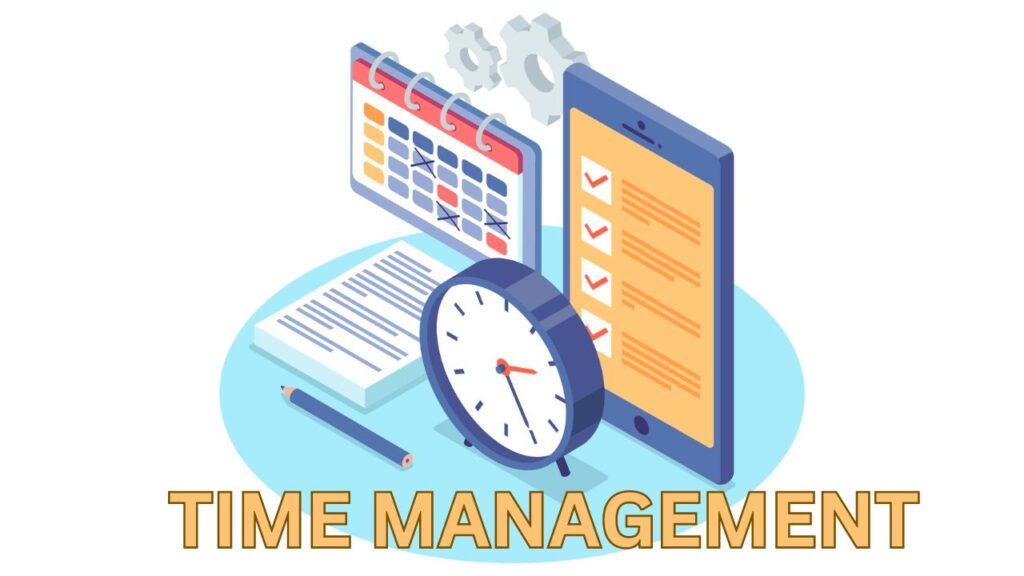Procrastination, the act of delaying tasks or actions despite knowing the negative consequences, is a common hurdle that many people face in their personal and professional lives. While it may offer temporary relief, chronic procrastination can lead to increased stress, missed opportunities, and unfulfilled goals. Here, we will consider the psychology behind procrastination, its impact on growth, and provide practical strategies to help you overcome procrastination and take consistent, meaningful action.
Jump to Section:
ToggleWhat is Procrastination?
Procrastination is the habitual and voluntary delay of tasks, often resulting in the postponement of important or necessary actions. It involves the avoidance of immediate responsibilities, despite knowing the potential negative consequences. Procrastinators typically engage in diversionary activities, giving in to short-term pleasures or distractions rather than tackling essential tasks. Overcoming procrastination requires understanding its psychological underpinnings, identifying the specific root causes and developing effective and suitable strategies to unravel it, thereby enhancing productivity and achieving long-term success.
Factors Underpinning the Act of Procrastination
Several factors contribute to the act of procrastination, and understanding these underlying elements is crucial for developing effective strategies to overcome it:
1. Fear of Failure or Perfectionism
Procrastination often stems from a fear of not meeting one’s own or others’ expectations. Perfectionism, the desire to achieve flawless results, can be a significant contributor. The anticipation of failure or the belief that a task must be completed perfectly can lead individuals to delay starting or completing it.
2. Lack of Motivation or Interest
When tasks lack personal relevance or fail to evoke a sense of motivation, individuals are more prone to procrastination. The absence of a clear connection between the task at hand and personal goals or values can result in a lack of enthusiasm, making it easier to postpone the work.
3. Poor Time Management Skills
Procrastination often occurs when individuals struggle to manage their time effectively. Difficulty prioritizing tasks, setting realistic deadlines, and breaking down large projects into smaller, manageable steps can contribute to a sense of overwhelm, leading to procrastination.
4. Impaired Executive Function
Executive functions, including skills like planning, organizing, and initiating tasks, play a crucial role in preventing procrastination. Individuals with challenges in these cognitive processes may find it harder to initiate and sustain goal-directed activities, contributing to delays in task completion.
5. Lack of Self-Discipline
Procrastination is closely tied to self-discipline and the ability to regulate one’s behaviour. A lack of self-discipline can manifest as difficulty resisting the temptation of immediate gratification, such as engaging in distracting activities, at the expense of fulfilling long-term commitments.
6. Task Difficulty or Ambiguity
Tasks perceived as challenging or ambiguous may evoke anxiety or feelings of being overwhelmed, leading individuals to delay in starting or completing them.
7. Lack of Clear Goals
Procrastination can be exacerbated when individuals lack clear, well-defined goals. Without a clear sense of purpose or direction, it becomes challenging to prioritize tasks and allocate time efficiently.
8. Immediate Rewards of Procrastination
Procrastination often offers immediate rewards, such as temporary relief from stress or the enjoyment of more pleasurable activities. The allure of these immediate gratifications can override the awareness of long-term consequences, reinforcing the habit of delaying tasks.
Some Side Effects of Procrastination
Procrastination can have various negative side effects that impact both mental well-being and overall productivity. Understanding these side effects serves as indicators of how seriously it should be handled. Below are some common side effects:
1. Increased Stress and Anxiety
Procrastination often leads to heightened stress and anxiety. As deadlines approach, individuals may experience increased pressure and a sense of being overwhelmed by the tasks they have delayed. This can negatively impact mental health and contribute to a cycle of avoidance and stress.
2. Poor Performance and Reduced Quality of Work
Delaying tasks may result in rushed or incomplete work, leading to lower-quality outcomes. Procrastinators may find themselves scrambling to meet deadlines, compromising the thoroughness and excellence of their work.
3. Negative Impact on Health
Chronic procrastination can contribute to health issues. The stress associated with repeatedly delaying tasks may lead to disrupted sleep patterns, fatigue, and other physical health problems. The long-term impact of stress on the body can contribute to issues such as cardiovascular problems and weakened immune function.
4. Strained Relationships
Procrastination can strain relationships, especially in group or collaborative settings. Dependability and timely contributions are crucial in many interpersonal and professional relationships. When one consistently delays tasks, it can lead to frustration, misunderstandings, and a breakdown in trust.
5. Regret and Guilt
Individuals who procrastinate often experience feelings of regret and guilt. Knowing that tasks could have been completed earlier or more efficiently can create a sense of disappointment in oneself, negatively impacting self-esteem and overall well-being.
6. Missed Opportunities
Opportunity awaits the prepared. Procrastination can result in missed opportunities for personal and professional growth. Delays in taking action may cause individuals to miss deadlines for applications, projects, or other significant events, hindering their progress and success.
7. Decreased Self-Efficacy
Chronic procrastination can erode an individual’s belief in their ability to accomplish tasks effectively. Over time, this diminished self-efficacy can create a self-perpetuating cycle of avoidance and lowered confidence.
8. Financial Consequences
Procrastination can have financial implications, especially in the workplace. Missing deadlines or neglecting financial responsibilities can lead to penalties, missed opportunities for promotions, or even job loss.
9. Impaired Mental Health
The negative emotions associated with procrastination, such as stress, anxiety, and guilt, can contribute to impaired mental health. In some cases, chronic procrastination may be linked to conditions like depression and exacerbate existing mental health challenges.
10. Wasted Time and Energy
Procrastination consumes time and energy that could be better utilized for productive and fulfilling activities. The mental energy spent on worrying about delayed tasks can detract from the ability to focus on more positive and meaningful endeavours.
Strategies to Overcome Procrastination








Hi
This is an insightful piece. Kudos.